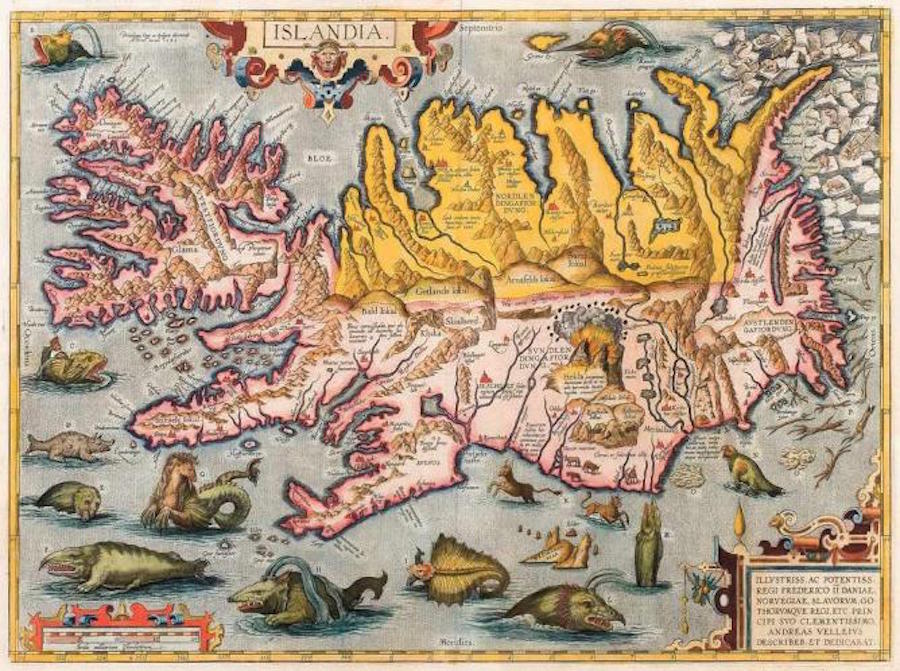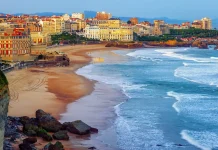This article was translated by John R. Bopp
This isn’t the first time (nor do we hope the last) that in our blog we can refer to the website The Culture Trip. On this occasion, we’re referring to a post in the Indian version of this global website written by American Lani Seelinger, who has collected and annotated a list of the Ten Oldest Languages in the World.
We’re not big fans of this type of lists, because, among other things, it’s not easy to know which languages are the oldest living ones that can carry this “tag”.
There are surely many places around the world with languages that can fight for that title which have not been listed.
Besides, the interrelations between languages that causes them to evolve while still remaining the same language is difficult, if not impossible, that someone who spoke a language 2,000 years ago would be understood by someone speaking that language today.
But, in any case, this is also proof that some languages have lasted throughout the centuries as autonomous realities that allows them, despite these radical changes, to be considered the same language. After all, no one doubts that the Spanish or French of the 11th century should be called that, even though it’s quite sure that we’d have a lot of difficulty understanding them.
Nevertheless, the author chosen ten of these languages that have preserved their unique character throughout the centuries, and among those ten, she’s marked, what else, Basque.
Our readers’ reflections on this article have been very interesting. Special thanks to the reader who put us on the trail of this article.
The Culture Trip – 19/9/2015 – India
The 10 Oldest Languages Still Spoken In The World Today
Language evolution is like biological evolution – it happens minutely, generation by generation, so there’s no distinct breaking point between one language and the next language that develops from it. Therefore, it’s impossible to say that one language is really older than any other one; they’re all as old as humanity itself. That said, each of the languages below has a little something special—something ancient—to differentiate it from the masses.
(Continue) (Automatic translation)
Last Updated on Dec 20, 2020 by About Basque Country





